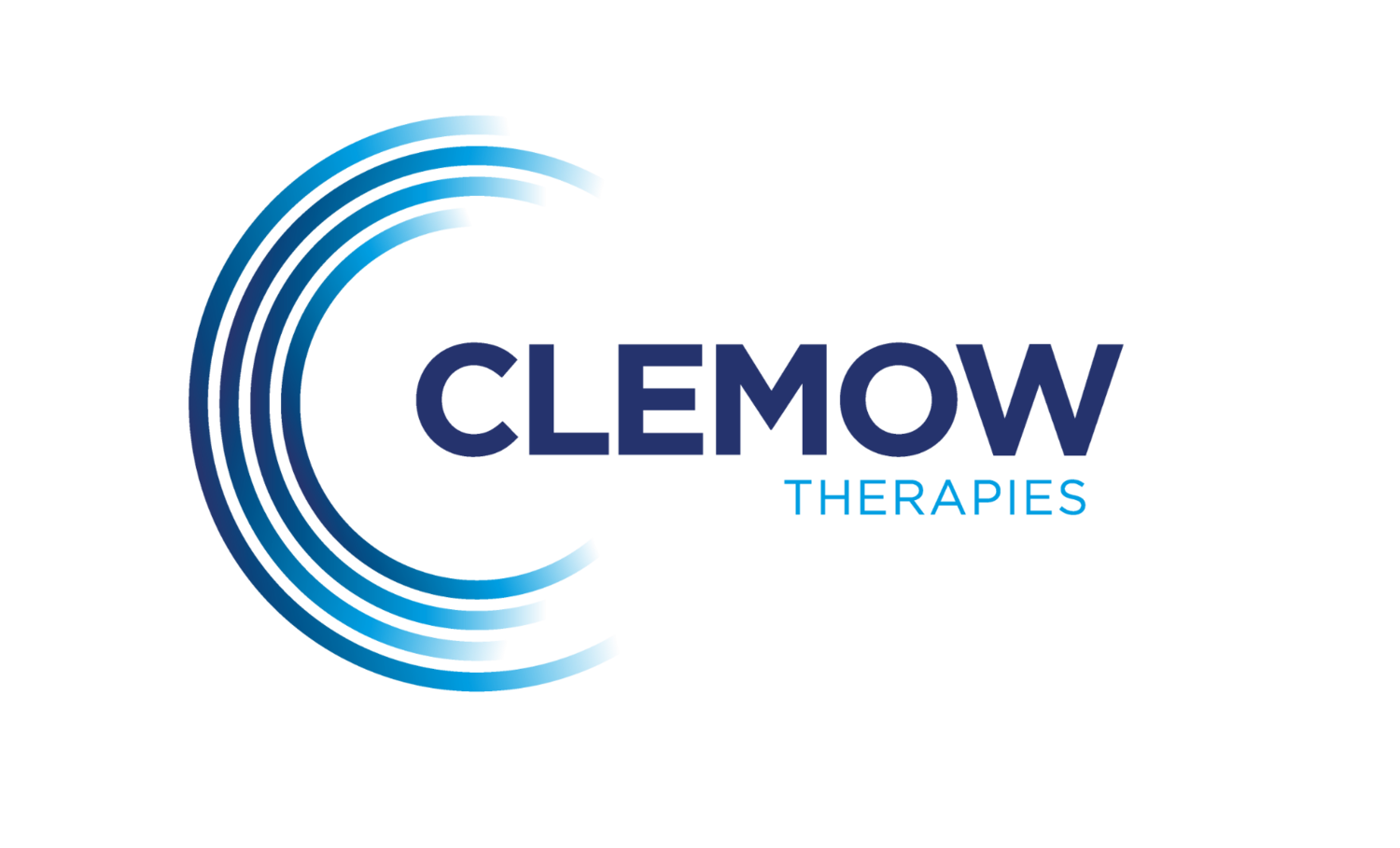
Titleist Performance Institute
Jason is a Titleist Performance Institute (TPI) Medical Practitioner having recently completed the Medical Level 2 qualification. He has continued to develop and improve his skill set through the TPI research led courses, which are built around 20 years of PGA professional physical assessment. Jason began this pathway with the TPI after travelling to Orlando (USA), attending the practical element and passing the level 1 examination.
The Level 1 Diploma in 'Body Swing Connection' provides Jason with the specialised tools to work closely with Golf Professionals and screen for physical restrictions that are affecting the efficiency of your swing. The ability to highlight key biomechanical restrictions can allow Jason to work directly with your Golf Professional to tailor a programme to achieve and manage the most efficient golf swing for you.
The Level 2 Medical qualification is complete assessment of the individuals overall joint mobility but as importantly their ability to stabilise the joints during the movements required to perform an efficient swing. Our bodies are excellent at adapting when, for instance, we are in pain, so we are able to continue to function. The problem lies with the fact that our body's do not inherently have a reset button when everything is better. Often the adapted way we were moving through injury or just repeated stress is accepted by the body as the correct way to move thus altering the way our muscles perform around that joint. This can ultimately lead poor joint function, pain and mobility issues. In turn these factors impact on your consistency to perform and your ability to generate power in your swing. As a Medical practitioner Jason is trained to highlight the causes through the TPI assessment and correct them with targeted treatment and strengthening plus working closely with your golf coach to make appropriate swing changes all of which will build a more powerful and consistent golf swing.
1. Injured – The body’s natural reaction to pain is to adapt the way it does things to reduce the level of pain or make it less likely to reoccur. If you are suffering from an injury or often experience pain during or after you play then we need to address this before we embark on any assessment to improve your physical abilities to perform. As an Osteopath and medical practitioner this is where one of our our main level of expertise lies. The changes that the body makes when suffering an injury or when in pain are not automatically reset when the pain subsides, and these adaptions become the normal way for the body to now work. We focus on restoring correct function (correcting the changes) as these are like the foundations of a house, if they aren’t strong then the size of the walls (power and strength) that you build on top of them will be limited. If not highlighted and corrected during the initial rehabilitation from an injury, then the changes in function can lead to long term issues.
I like to use the analogy of a car engine. Generally, a car has 5 or 6 gears. Imagine that you have a problem engaging your first gear (injury) to pull off. It is possible to get the car moving using second gear by revving the engine and riding the clutch and once moving you can use the gearing as per usual 2nd through to 6th. You take the car to the garage to be fixed but when you get it back you have been pulling off using the second gear for so long you haven’t forgotten how to get it in first gear (adaption). The problem is that now you are wearing out the clutch more quickly (adapted function issues). You are also not utilising the more efficiency and explosive power of 1st gear.
Our aim is to educate you in the ways that you can help yourself, both on and off the course with the correct preparation and injury management to minimise your pain and reduce the impact of playing leading to more enjoyment during your leisure time.
2. Improvement – The TPI screening tools are based on over 20 years’ worth of player research analysing some of the best players in the world and highlighting physical limitations that effect their swing and can lead to injury. Every person regardless of their abilities who plays golf probably envisages themselves playing for many years. Longevity in the game is a big thing but in the present climate so is power and distance off the tee. The level 1 screen analyses key physical movements that lead to particular swing faults and the injuries these can lead to. Many of us have never been exposed to a physical screen for any sports that we have played.
How can the information be of benefit?
As an Osteopath and medical practitioner, the information will form the basis for our more in-depth joint movement analysis, treatment management plan and exercise programme.
If you are working with a Golf Professional or Coach then the information can be invaluable helping them to build a swing around your limitations without the trial and error.
We often do not have the luxuries of the professionals we see on the TV who we aspire to replicate having the daily occupational stresses of work. The TPI screen helps us to provide you with key bespoke warm-up routines which focus on your limitations.
One of the key discoveries of the TPI is that ‘a properly functioning body allows a player to swing a golf club in the most efficient way possible’.




